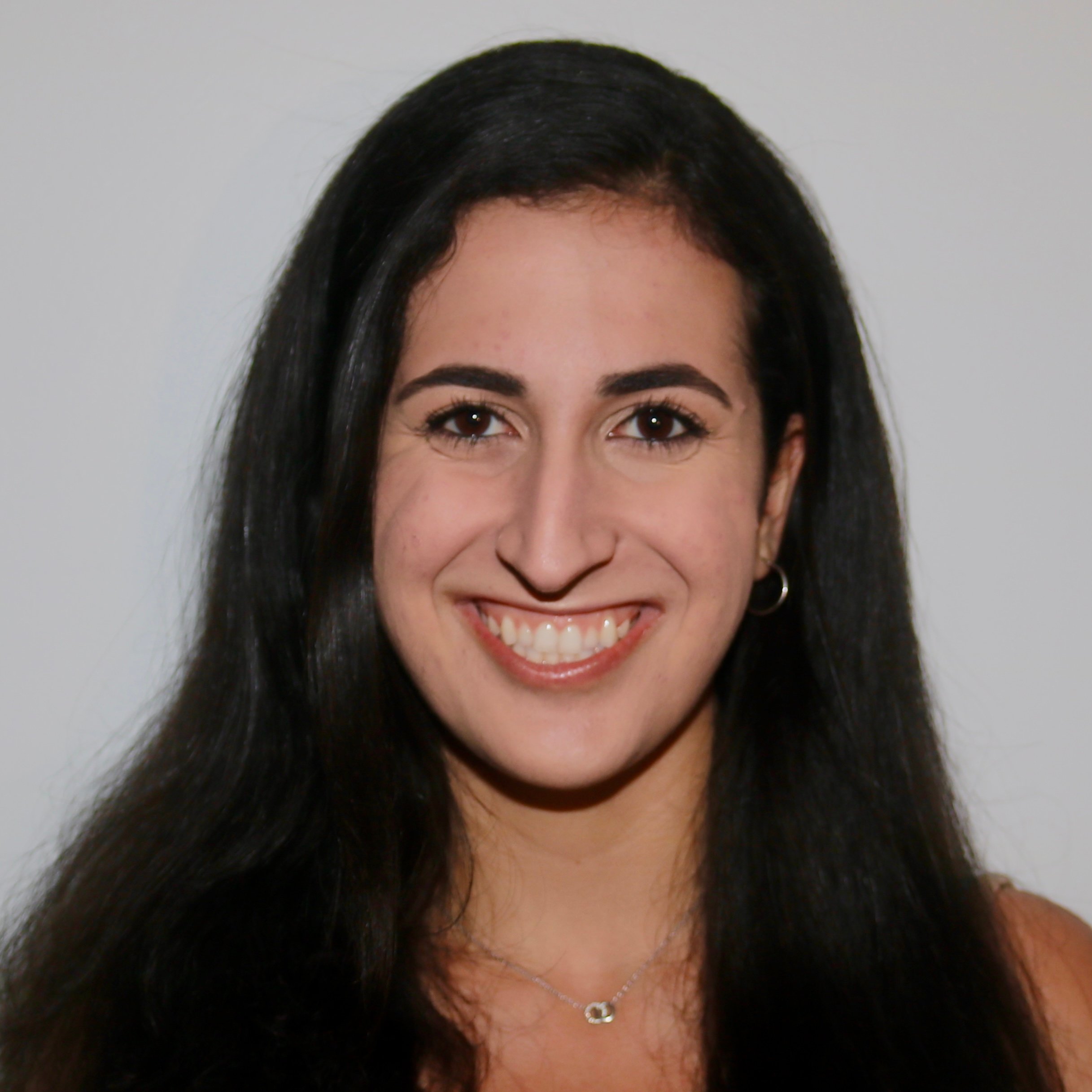Applying to college or graduate school? Interviews will likely be part of the application process! Although interviews can be nerve-wracking, they are a great chance for you to show your personality and give the admissions committee a sense of who you are as a person – in real life, not just on paper! Read on for tips for tackling 10 tough interview questions. Thinking about how you might respond is a great way to prepare and feel confident that you will be able to answer any question that comes your way!
Common questions for all applicants include:
What is your biggest weakness?
This is a classic interview question, and it can be a tricky one! Reflect on your weaknesses and be honest with yourself – you want to avoid giving a cliché, scripted answer, or giving an answer you think the interviewer would like to hear. Be sure to end your response on a positive note. Talk about the changes you are making to address this weakness or highlight the ways in which you have grown.
What is something about you that is not reflected anywhere on your application?
This question can be a tough one because the application captures so much of your background, experience, and passions, from academics to extracurriculars. However, no application can cover every aspect of your identity! Whether it’s a hobby, an interesting experience you’ve had, or something about your family, think about what’s important to you that didn’t quite fit into your application.
How would you handle this ethical scenario? (e.g., witnessing a friend cheating on an exam; having a patient walk into your office in need of care but unable to afford it, etc.)
The specific ethical scenario may vary depending on whether you are an undergraduate or graduate school applicant. Regardless, when faced with these questions, it can be wise to discuss the pros and cons of different options. This shows the interviewer that you can consider different options before making a final, thought-out decision. Keep in mind that there is no one right answer to these questions. They are meant to challenge you and make you think!
What is something that most people don’t know about you?
Sometimes even our closest friends don’t know everything about us! This question gives the interviewer insight into who you are on a deeper level.
What sets you apart from other applicants?
Now is the time to have confidence and advocate for yourself! Reflect on what makes you unique – how does your unique life experience influence who you are? What will you bring to the school community? Answering this question can feel awkward (and boastful), but you can advocate for yourself in a way that is confident and still humble!
How do you handle conflict (or failure)? Give me a specific example.
Before going into an interview, it’s a good idea to think about past experiences that you’ve had that relate to conflict, failure, and working on a team. These are all common interview questions, so having some examples on hand can be useful. Everyone has failed and dealt with conflict before – the important part is how you deal with a difficult situation and bounce back!
What is an unpopular opinion you hold?
This is another tricky one – again, you want to give an authentic answer, but be careful not to say anything overly controversial!
If you could have a conversation with anyone, living or not, who would you choose and why?
The possibilities are endless for this question. You might choose to talk to a historical figure, one of your ancestors, a childhood role model, or a leader in your field of interest. Again, a genuine answer is the best answer.
Common questions for grad school applicants include:
What do you think is the biggest problem facing the profession of [law, medicine, dentistry, etc.]?
Giving a thoughtful answer to this question shows that you are realistic and aware of the challenges that come with entering your field. Every profession, no matter how great, has its challenges! Think about what you consider the biggest problem, how that problem might affect you in the future, and what might be done to address it.
If you weren’t entering the field of [law, medicine, dentistry, etc.], what would you be doing? Why aren’t you doing that?
This is an interesting one! Maybe you would have been a teacher, a marine biologist, an interior designer, a guidance counselor… the list goes on. Reflect on what led you to choose one career path over another. This question gives the interviewer insight into your other interests and your motivations for choosing your career.

Comments